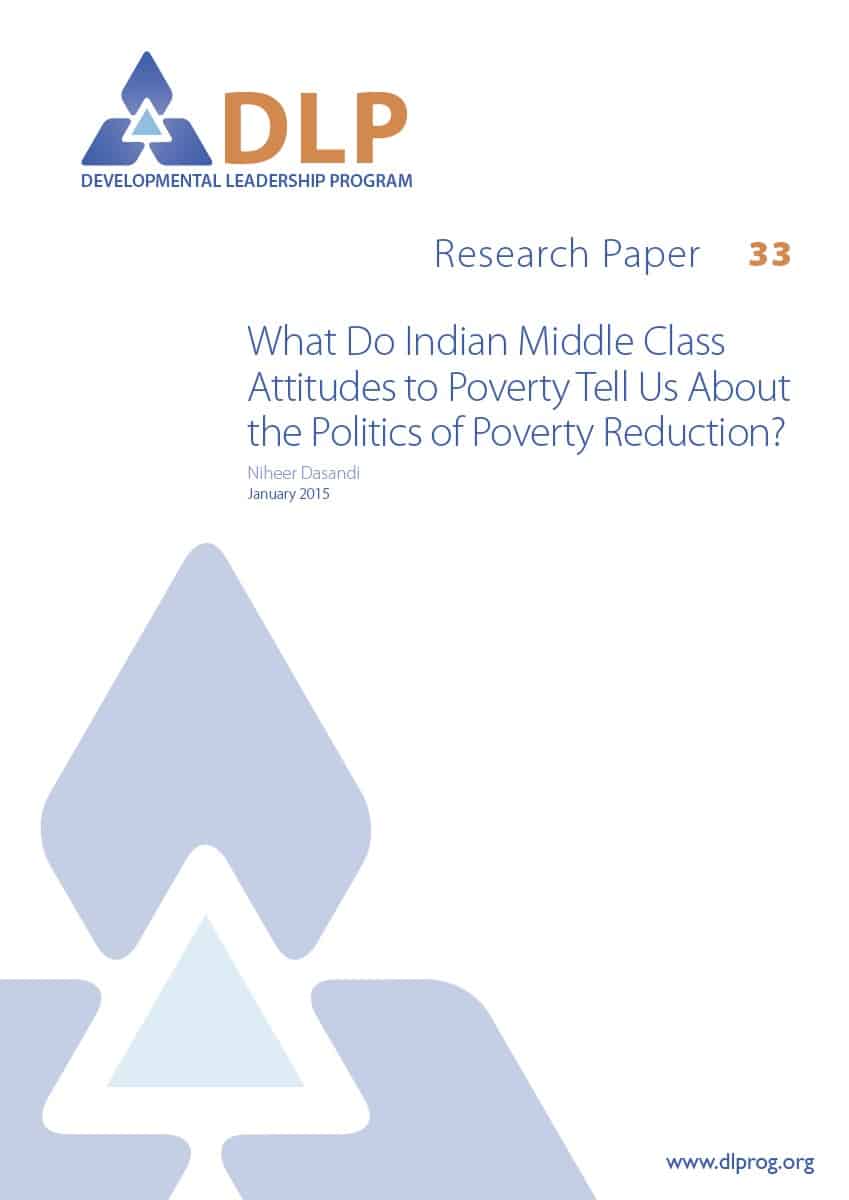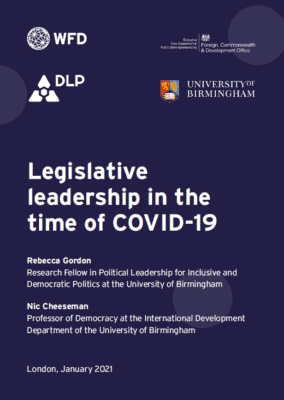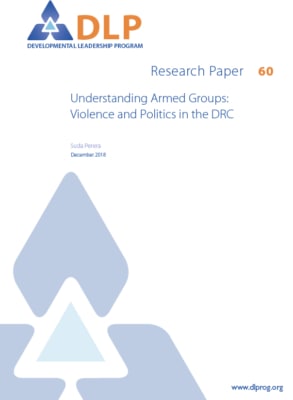The assumption among donors, development practitioners and researchers is often that the middle class are either not interested in helping the poor, or are motivated by self-interest when they oppose poverty alleviation initiatives. This study examines the attitudes of middle class Indians to poverty. It finds that self-interest is not the only driver of middle class disapproval of assistance for the poor: more attention needs to be given to ideas, values, and narratives. It suggests a political approach to policy design involving less focus on institutions and more focus on public opinion..
Three broad themes emerged from the 41 interviewees’ responses to questions about poverty and the poor in India. These middle class respondents believed that:
- poverty is part of the natural order;
- getting out of poverty depends on individual effort and merit;
- the government does little to help them and they are the principal victims of corruption while, as they see it, the poor receive substantial government support.
The paper notes that poverty may be a highly politicised issue even in a development context. In democracies such as India, where the enfranchised poor greatly outnumber the middle class, populist politics designed to capture their electoral support is likely to be commonplace.
A better understanding of the drivers of disengagement with poverty is needed for building broader coalitions for change.










